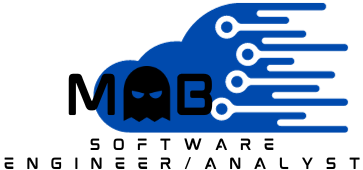
Diversity in Information Technology
Diversity Sets New Boundaries For Innovation.
It is all the differences and similarities that make each individual unique. From this definition alone you can already make some assumptions in your mind why diversity is important to be inclusive to the information technology work fields. Inclusion is valuing and utilizing every aspect of diversity in your work place to create a larger variety of ideas and input from people with various backgrounds. Diversity can impact the business in several positive ways. For example, it can capture a greater share of the consumer market, helps embrace a more innovative work environment, and help leverage a company’s full potential.
The information technology field needs to unlock all of the potential for innovation. At the moment most of the information technology jobs out there are occupied by Asian or white men. When you have such a small diversity of people going into a field such as information technology then your talent pool of candidates becomes very small. Creating the image that your company is diverse might help bring in potential candidates, but there are only so many diverse populations in this pool of candidates. So there is another layer to this story and that’s college, but even in college the pool of candidates when it comes to diversity is small. So you have to think back to the layer before this, which is high school. The reason why is because in high school students are already trying to decide what field they want to go in. Information technology could have a stronger presence in diversity if there were more classes related to that field in high school and not just there, but junior high school as well. The most obvious way to bringing diversity to the information technology field is introducing it to people at an early age, but at the moment it doesn’t seem to be on school districts agendas to meet state and federal requirements. Therefore, there must be a movement/push to bring the information technology field to students at an early age.
Information Technology companies do not have a reputation of cultural diversity, and unlike the manufacturing businesses around the United States who have had decades of having diversity in the work place, I.T. companies just don’t have enough experience with it. With very little experience with diversity in the work place you run into all sorts of issues. One issue is discomfort within women who feel that their male counterparts are always bias and don’t feel that they can do the same work as them. Because of the lack of women in leadership roles in information technology and the lack of women in the work environment at all it can be intimidating for a woman in that field. Technology companies need to go down the path a lot of other industries are on and create programs to help deal with diversity. Mandatory training on this subject is very normal in an industry who has dealt with diversity for a long time, such as manufacturing companies. Auditing people in leadership roles is another practice companies use by implementing different strategies like hiring a third-party company to evaluate them. Having people in leadership roles do a one on one session with their employees will also help with the discomfort that some people from diverse backgrounds might feel. These sessions would include talking about their career path, goals, and how they can reach those goals. This brings a sense of importance to everyone and improves morale, which will help keep your employees.
With focusing on diversity in the information technology field companies will have a better time searching for talent in the industry, retaining employees, and coming up with new innovations to get ahead of their competitors. In order to do this they must look at strategies to involve people of all sorts before they get into college. This will help increase the potential workforce coming into college and graduating. Therefore, with all of these different advantages of having diversity it makes sense in business terms and ethically that these I.T. companies create programs to not only get students at an early age interested in the I.T. field, but also have programs within their own buildings that will help transition diversity in the workplace.

